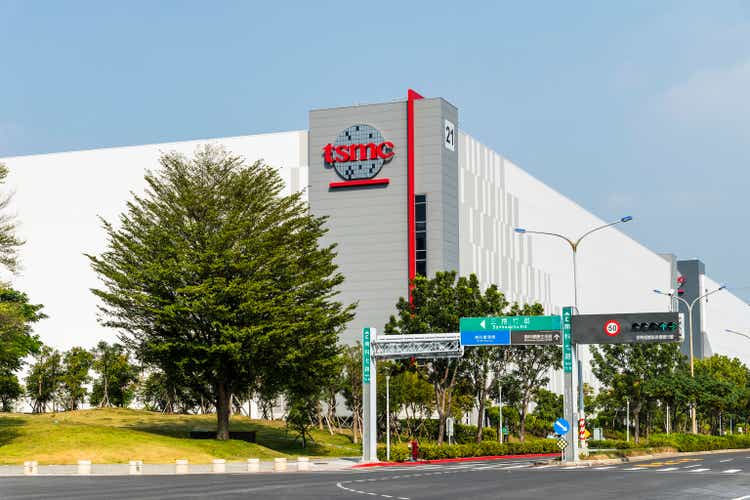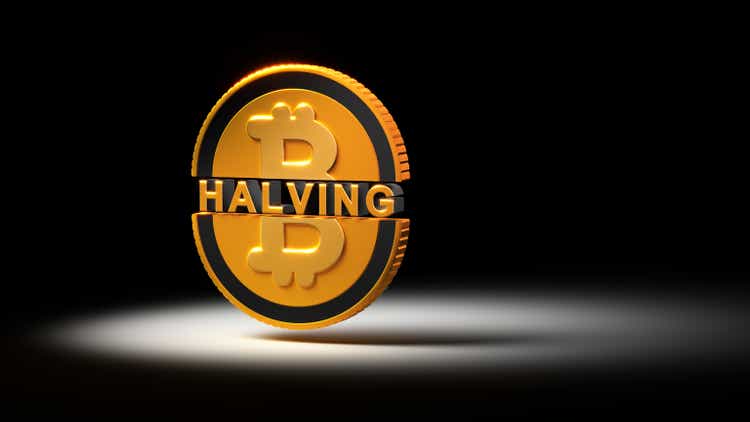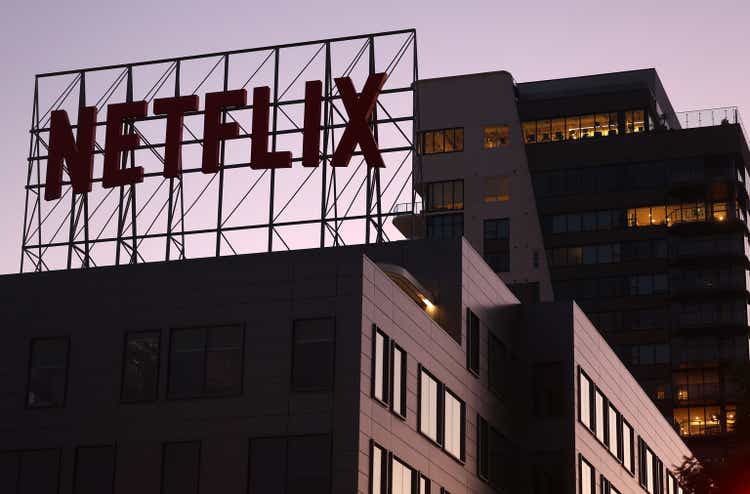Canada’s truckers and the politics of anti-vaccine protests
The occupation of Canada’s capital is approaching the two-week mark, with about two dozen streets blocked and thousands of residents afraid to leave their homes for fear of harassment. But Nolan, a young trucker from British Columbia, is as determined as ever.
Having driven 2,800 miles to Ottawa and slept for 11 nights in an articulated lorry, the 25-year-old, who did not want to give his last name, vows to stay “as long as it takes”.
“This is the moment,” he says, to fight against “oppression”.
The apocalyptic rhetoric is a common feature of the self-styled “Freedom Convoy” — a group of truckers and anti-lockdown demonstrators who have managed to shut down the centre of Ottawa and a section of the country’s border with the US.
Fired with indignation at what they see as a crushing of individual liberty during the pandemic, the protest began last month in opposition to a requirement that cross-border truckers get vaccinated against Covid-19. Since then it has morphed into a broader anti-government movement that mixes anti-vaccine rhetoric, far-right politics and conspiracy theories, from 5G-enabled microchips to QAnon.
Some 500 vehicles, from lorries to cars and pick-ups, are blocking the streets in front of Canada’s parliament. A stench of diesel lingers in the air, as protesters carry jerrycans of fuel to keep the trucks warm, despite threats they would be arrested for doing so. On the long boulevard outside the parliament building, there are kitchen tents, trestle tables loaded with hot dog buns and a stage. Earlier in the week, there were even portable saunas and a bouncy castle.

Justin Trudeau, the centre-left prime minister who is the main target of the protesters’ ire, left his official residence in Ottawa because of the protest. “Individuals are trying to blockade our economy, our democracy, and our fellow citizens’ daily lives,” Trudeau said this week. “It has to stop.”
It is possible that the protest is merely a shortlived spasm orchestrated by an angry yet relatively limited group of discontents. The trade union that represents Canada’s truckers has denounced the participants.
But there are some tentative signs that Canada’s protest could spark copycat events in other parts of the world, from France to the US. Politicians on the American right are watching events closely to see if there are the stirrings of an anti-lockdown version of the gilets jaunes, the 2018 anti-establishment protests that swept across France.
At the very least, the events in Ottawa hint at the deep wells of resentment about two years of heavy-handed pandemic health restrictions that have the capacity to spill over — from the violent protests that erupted in Amsterdam and Brussels in recent months to the Canadian truckers.
Cathryn Carruthers, co-founder of Families for Choice, a group based in Alberta which wants parents to be able to choose whether to vaccinate their children, describes the truckers as “salt of the earth”.
“Seeing truckers take direct action gave Canadians who were feeling fed up and powerless a sense of hope that something might actually change, and permission to stand together and say enough is enough,” she says.
Fearing harassment
After two weeks of protests, the costs are starting to mount. On Monday truckers organised a blockade at the Ambassador Bridge linking Windsor and Detroit, the busiest US-Canada land crossing, accounting for more than a quarter of cross-border trade. By Friday, they were still blocking traffic.

The blockades at the border are delaying an estimated C$300mn in daily trade. The carmakers Toyota and Ford say production is being disrupted. Protesters blocked streets at Ottawa’s international airport and attempted to flood emergency lines with nuisance calls, Ottawa police said on Thursday.
“Occupiers disrupting our supply chain are creating major consequences for Canadians and Canadian workers,” said Omar Alghabra, Canada’s transport minister.
In the early days of the protests, police opted to stand aside, fearing a violent escalation. Many residents felt abandoned in the face of what they considered harassment. Some say they were forced to scrape excrement off their doorsteps and suffered abuse for wearing masks. Dozens of businesses have closed, including the city’s main mall, which was briefly occupied by flag-waving maskless protesters.
However, this week police started making arrests, detaining 25 people, mostly on mischief charges. On Friday, Doug Ford, premier of Ontario, declared a state of emergency, threatening those who block roads and bridges with C$100,000 fines and a year in jail.
It is not clear how much support the protesters have across society. Among Canadians over the age of five, 82 per cent are fully vaccinated — one of the highest rates in the world. A recent poll by Abacus Data found that 87 per cent of Ottawa residents want the protesters gone.

Teamsters Canada, which represents 15,000 lorry drivers, has denounced the protests. “The so-called ‘freedom convoy’ and the despicable display of hate led by the political right and shamefully encouraged by elected Conservative politicians does not reflect the values of Teamsters Canada, nor the vast majority of our members,” said the organisation’s president, François Laporte, in a statement.
The protesters insist their beef is with Trudeau, who clashed with unvaccinated protesters during last year’s tense general election. At one event in September, he was hit by gravel thrown by protesters.
In some parts of Canada mandatory vaccines for certain professions have led to police, firefighters and truckers losing their jobs — including some involved in the protests. Most Covid-19 restrictions are controlled by provincial governments, many of which, including Ontario and Quebec, have required people to show proof of vaccination to enter restaurants, cinemas and bars. The western provinces of Saskatchewan and Alberta have now started easing restrictions.
Stéphanie Chouinard, a politics professor at the Royal Military College in Kingston, Ontario, says organisers “latched on to a feeling that is very real, of anger and resentment and exasperation from a part of the Canadian electorate who has perhaps had a higher price to pay” — such as frontline workers or vulnerable people who could not pivot to working from home. She adds: “The far right has used this resentment and this anger as a pretence for organising and disturbing.”
The protests have revealed some fissures within the political establishment. On Tuesday, Joël Lightbound, a member of Trudeau’s Liberal party, accused the prime minister of trying “to divide and to stigmatise” the unvaccinated and lockdown-sceptics. In Canada, where backbenchers rarely take on party leaders, Lightbound’s comments caught many by surprise.

The opposition Conservatives, who recently ousted their leader for pulling the party too far to the centre, initially praised the truckers. However, as the protests have dragged on, some have changed tack in the face of the perceived radicalism, with Candice Bergen, the interim leader, called on Thursday for an end to the blockade.
“If what crystallises in Canadians’ minds out of these events is that the Conservative party of Canada decided to side with rightwing nutters, then [they] have lost the game,” says Chouinard.
Copycat protests
Across the border in the US, the protests have put further pressure on supply chains which had already been stretched by the pandemic.
But the Biden administration also has an eye on a potentially far bigger problem: what if American truckers decide to carry out a copycat protest? Could they bring similar chaos to New York, or Washington, DC?
This week, officials at the US Department of Homeland Security issued a warning to law enforcement agencies across the country that a group of truckers was planning a convoy which would begin in California and end in Washington, DC. The widely-circulated memo said the protest could affect the Super Bowl in Los Angeles this weekend and the State of the Union speech to be given by Joe Biden, the US president, on March 1.
Analysts and officials who monitor rightwing online groups say those involved with the QAnon conspiracy theory movement and supporters of former president Donald Trump have been mulling the possibility of holding a similar protest in the US.
The convoy has drawn supporting comments from Republican politicians such as Trump, senator Ted Cruz and Florida governor Ron DeSantis, as well as Tesla boss Elon Musk.

But the plans are disparate, analysts say, and the numbers involved are small. “It is definitely true that US and Canadian conspiracy theorist groups have been sharing information back and forth for the last few weeks,” says Brian Murphy, vice-president of strategic operations at Logically, a group formed to fight online disinformation.
“But in the US the truckers are a much looser group, who do not have the history of political engagement which the Canadians do. A US movement would also need a set of leaders to organise and galvanise it, which it lacks right now.”
Mike Rains, the host of the podcast Adventures in HellwQrld, which tracks the QAnon conspiracy, says: “Many of the US conspiracy theorists and rightwing grifters are talking vaguely about the possibility of a US convoy, but everyone is waiting for someone else to start it.
“The problem for them is that the authorities will be very aware of this possibility and so are far more likely to stop it before it gets anywhere. The chances of something getting within 100 miles of Washington, DC are very slim.”
Rains says a more likely target would be the US-Mexico border, which is much harder to police, and which will be a focus of political debate before November’s midterm elections.

In France on Friday, convoys of cars and trucks were making their way from various regions to the capital ahead of protests planned for Saturday. Organised via Facebook groups and the chat app Telegram, the heterogenous movement appears to be made up of people who oppose France’s Covid-19 vaccine requirements, as well as some who identify with the gilets jaunes movement. The Paris prefecture said the protesters would be prohibited from entering the capital from Friday to Monday, citing the risk of public disorder.
Among the “Fuck Trudeau” banners and Canadian flags that some of the Ottawa protesters use, there are also plenty of far-right tropes — including the odd swastika and Confederate flag. Anti-media sentiment is rampant. The organisers have refused to admit reporters from mainstream outlets to press conferences, instead handpicking journalists from rightwing platforms.
The crisis is also fuelling concerns about foreign financing of domestic radicalism. Marco Mendicino, the public safety minister, said Canada would be “very vigilant about external forces, about foreign interference”. GoFundMe took down a donation page for the “Freedom Convoy 2022” which had raised C$10mn — some of which is believed to have come from US sympathisers, after it said the protest had become an illegal “occupation”.
Even with the prospect of the protest entering a third week and the state of emergency, there are few signs that the truckers are backing out. “I want to go home,” Tom Marazzo, one of the organisers, said this week. “But I am not going until I am no longer needed here . . . until the job is done.”
Additional reporting by Leila Abboud in Paris
Checkout latest world news below links :
World News || Latest News || U.S. News
Source link



